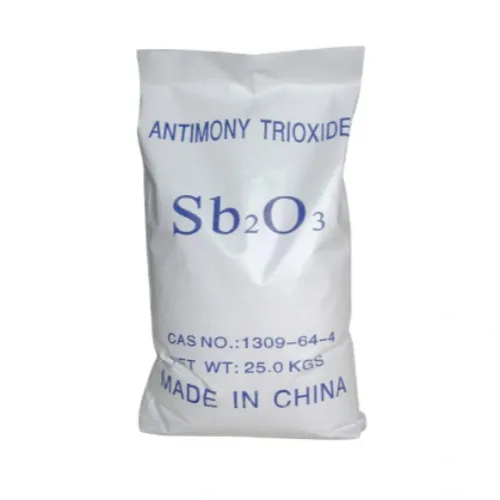Warning: Undefined array key "title" in /home/www/wwwroot/HTML/www.exportstart.com/wp-content/themes/1198/header.php on line 6
Warning: Undefined array key "file" in /home/www/wwwroot/HTML/www.exportstart.com/wp-content/themes/1198/header.php on line 7
Warning: Undefined array key "title" in /home/www/wwwroot/HTML/www.exportstart.com/wp-content/themes/1198/header.php on line 7
Warning: Undefined array key "title" in /home/www/wwwroot/HTML/www.exportstart.com/wp-content/themes/1198/header.php on line 7
Dec . 07, 2024 10:48 Back to list
Exploring the Benefits and Uses of Sodium Saccharin in Food and Beverages
Understanding Sodium Saccharin The Low-Calorie Sweetener
Sodium saccharin is a widely recognized artificial sweetener that has been a staple in the food industry for more than a century. Known for its intense sweetness—approximately 300 to 400 times sweeter than sucrose (table sugar)—sodium saccharin has become a popular alternative for those seeking to reduce sugar intake, primarily due to health concerns such as obesity and diabetes.
The origin of sodium saccharin dates back to 1879 when a chemist named Constantine Fahlberg discovered its sweetening properties while working at Johns Hopkins University. This serendipitous finding led to its commercial production and subsequent usage in a variety of food products and beverages. Today, sodium saccharin is often found in diet sodas, sugar-free gum, and a myriad of low-calorie and no-calorie food options.
One of the key benefits of sodium saccharin is its zero-calorie content, making it an appealing choice for calorie-conscious consumers. Unlike sugar, which contributes to weight gain and various health issues when consumed in excess, sodium saccharin allows individuals to satisfy their sweet cravings without the extra calories. This has made it particularly popular among individuals with diabetes, who must carefully monitor their carbohydrate and sugar intake.
However, despite its popularity, sodium saccharin has faced its share of controversy. In the 1970s, concerns arose regarding its potential health risks, particularly with regard to cancer. Studies conducted at the time showed that high doses of saccharin led to bladder tumors in laboratory rats, sparking fears about its safety for human consumption. As a result, sodium saccharin was banned in several countries, and warning labels were mandated in others.
sodium saccharin

Over the years, further research has brought clarity to the issue. The link between sodium saccharin and cancer in humans is not supported by substantial evidence. In 2000, the U.S. National Toxicology Program removed saccharin from its list of substances considered to be a potential carcinogen. Major health organizations, including the World Health Organization (WHO) and the U.S. Food and Drug Administration (FDA), have affirmed that sodium saccharin is safe for human consumption within established limits.
Today, sodium saccharin is classified as a generally recognized as safe (GRAS) substance by the FDA. The acceptable daily intake (ADI) is set at 15 mg per kilogram of body weight, allowing for its use in a variety of food products without significant health concerns.
Despite its safety, consumer preferences are constantly evolving. Many people are now gravitating towards natural sweeteners such as stevia and monk fruit, which are perceived as healthier alternatives. These naturally derived sweeteners are often favored for their minimal processing and potential health benefits. However, sodium saccharin remains a cost-effective and stable sweetening option for manufacturers, particularly in products requiring a long shelf life.
In conclusion, sodium saccharin has played a significant role in the evolution of sweeteners, providing a powerful option for those looking to reduce sugar in their diets. Its intense sweetness and zero-calorie profile continue to find relevance in the modern food landscape, even as consumer trends shift towards more natural products. As with any food additive, moderation is key, and understanding the science behind sodium saccharin helps consumers make informed dietary choices. As research progresses, it will be interesting to see how sodium saccharin adapts to the changing attitudes towards sweeteners in our health-conscious society.
Latest news
-
Certifications for Vegetarian and Xanthan Gum Vegetarian
NewsJun.17,2025
-
Sustainability Trends Reshaping the SLES N70 Market
NewsJun.17,2025
-
Propylene Glycol Use in Vaccines: Balancing Function and Perception
NewsJun.17,2025
-
Petroleum Jelly in Skincare: Balancing Benefits and Backlash
NewsJun.17,2025
-
Energy Price Volatility and Ripple Effect on Caprolactam Markets
NewsJun.17,2025
-
Spectroscopic Techniques for Adipic Acid Molecular Weight
NewsJun.17,2025

